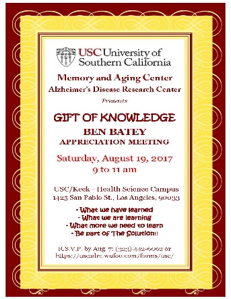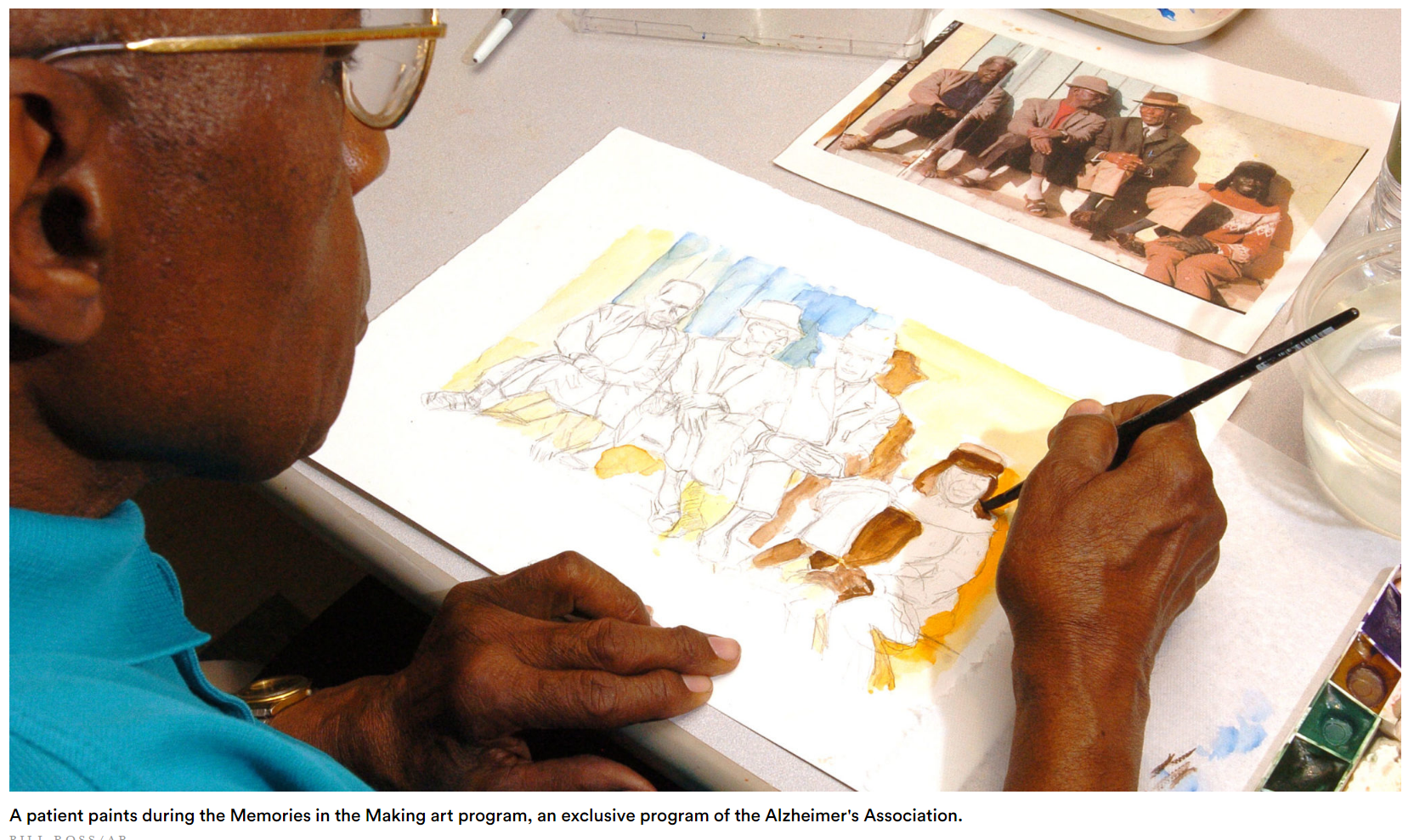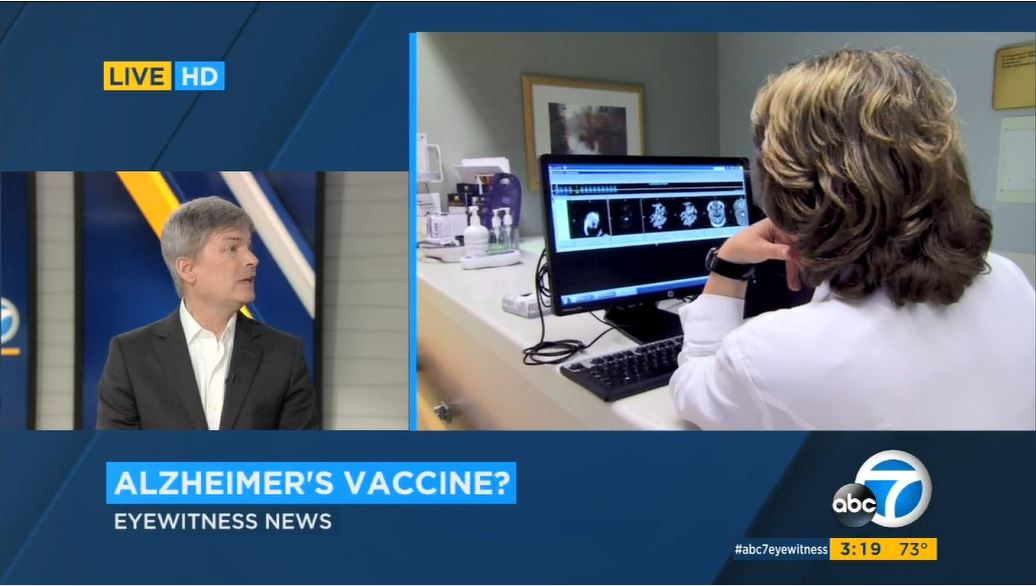Forgetfulness: What is Normal and What’s Not?
How well do you remember what you did last week? Memory loss is not always a sign of aging. Learn when you need to be concerned.
Read more...
5 Myths About Alzheimer’s Disease
Even though Alzheimer’s disease is the most common form of dementia, there are many myths and misconceptions about the condition.
Read more...
The Early Warning Signs of Alzheimer’s Disease
Forgetfulness is normal, especially as you age, but serious memory problems may be a sign of a neurological disease, of which Alzheimer’s is the most common
Read more...
Getting Screened for Early Signs of Dementia and Alzheimer’s Disease
Memory screening for dementia-related diseases is simple, safe and easy. While there is no cure for Alzheimer’s disease, early detection allows patients to alter their lifestyles to maintain quality of life – and it helps them determine if medications which may help in the early stages of memory loss is right for them and better prepare for long-term plans.
Read more...
Diagnosing Early Dementia: The Slippery Slope of Getting Your Family Members to the Doctor
When the behavior of someone close to you changes, finding out what the underlying cause is can seem daunting and unsettling. But, doctors are able to offer solutions that can improve the quality of life for your loved one and the people they care about.
Read more...
Is Alzheimer’s Hereditary?
Researchers know that genetics play a role in Alzheimer’s disease, but there are also other factors that may cause it to occur. If you have a history of Alzheimer’s in your family, here’s what you need to know.
Read more...
Diabetes and Memory Loss Research
Researchers and clinicians have found that uncontrolled diabetes may increase the risk of experiencing cognitive problems, such as memory loss. Higher than normal blood glucose (sugar) levels can damage nerve cells, supportive glial cells, and blood vessels in both peripheral nerves of the body and the brain.
Read more...
You’ve Just Been Diagnosed with Alzheimer’s Disease: Now What?
It’s hard to prepare for the unknown, but there are steps you can take after a diagnosis to help you and your family member cope.
Read more...
Aphasia: What Is It? Can It Be Treated?
This frustrating, complex neurological disorder robs people of their ability to understand or express language.
Read more...
When His Words Didn’t Make Any Sense: Living with Aphasia
She thought he was cheating and not communicating with her. He was just losing his memory. Learn more about the brain disease that robs people of language and speech.
Read more...
Explaining Alzheimer’s to Children and Teens
Making sense of a senseless disease is hard enough for adults. Here are suggestions for helping your teens and children cope.
Read more...
News & blogs
Resources

3MS
The Mini Mental Status Exam (MMSE)is one of the most widely used screening instruments for dementia. The Modified Mini-Mental State (3MS) test has incorporated.

CGIC
Scales have been used extensively as primary outcomes in phase 2 and 3 clinical trials for Alzheimer disease, mild cognitive impairment, and for cognitive enhancers. A CGIC score is intended to be used as a measure of clinically meaningful change, as distinct from an instrument’s ability to assess any change.

Nutrition
Good Eating Habits for Good Health(Buenos Hábitos Alimenticios Para Una Buena Salud) is a class in good nutrition for a healthy heart and for a healthy brain designed as a series of eight lessons.

Videos for Health Professionals on Memory Loss, Dementia, and Alzheimer’s Disease
A collection of videos on memory loss, dementia, and Alzheimer’s Disease that would be useful for physicians and other health professionals.



